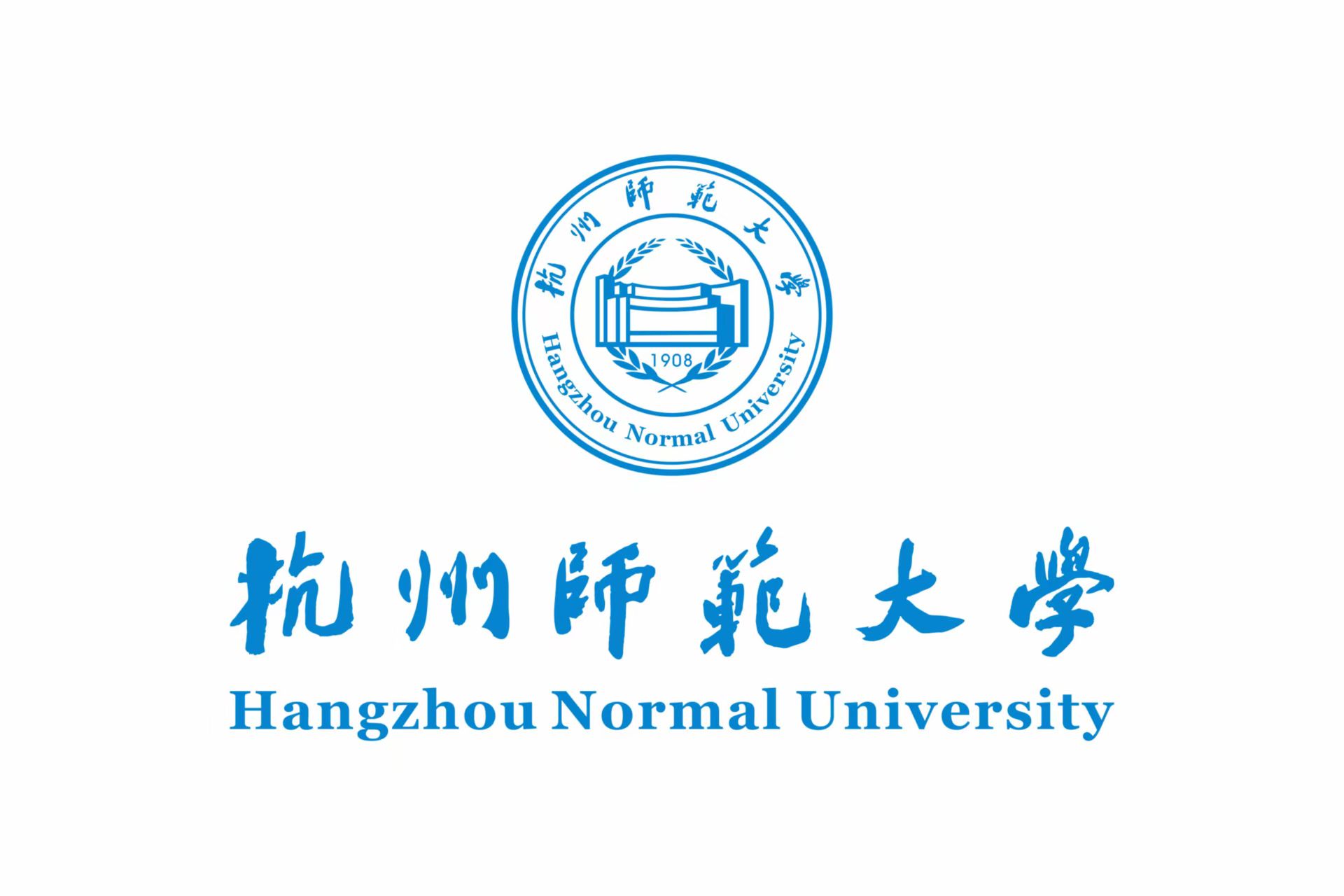IEEE CEC 2025
The annual IEEE Congress on Evolutionary Computation is a world-class event in the field of Evolutionary Computation. It provides a forum to bring together researchers and practitioners from all over the world to present and discuss their research findings on Evolutionary Computation. Topics include:
Algorithms: Ant colony optimization and Swarm Intelligence, Artificial immune systems, Coevolutionary systems, Coevolution, Cultural algorithms, Differential evolution, Estimation of distribution algorithms, Evolutionary computation theory, Evolutionary developmental systems, Evolutionary programming, Evolution strategies, Genetic algorithms, Genetic programming, Heuristics, Interactive evolutionary computation, Learning classifier systems, Memetic algorithms, Multi-meme and hybrid algorithms, Molecular and quantum computing, Multi-objective evolutionary algorithms, Parallel and distributed algorithms, Particle swarm optimization, Representation and operators, Self-adaptation in evolutionary computation;
Machine Learning for Optimization and Evolutionary Learning: Automated design of Metaheuristics, Evolutionary fuzzy systems, Evolutionary neural architecture search, Evolutionary reinforcement learning, Fairness-aware optimization, Federated and secure optimization, Large language models for optimization, Metaheuristics and hyper-heuristics, Multi-objective machine learning, Neural optimization, Surrogate-assisted data-driven optimization;
Optimization: Combinatorial optimization, Constraint handling, Dynamic optimization, Large-scale optimization, Multi-modal optimization, Multi-objective optimization, Numerical optimization, Optimization in the presence of uncertainty, Robust optimization;
Related Topics: Art and music, Artificial life and adaptive behavior, Autonomous mental and behavior development, Biometrics, Bioinformatics and computational biology, Classification, clustering, Data mining, Defense and cybersecurity, Drug design, Embodied robotics, Engineering design, Evolutionary games and multi-agent systems, Evolvable hardware, Evolutionary software engineering, Evolutionary robotics, Finance and economics, Intelligent systems applications, Real-world applications;
Theory: Causality and evolvability, Convergence, Fitness landscape analysis, Noisy fitness, Robustness and neutrality, Runtime analysis, Scalability and complexity analysis.
Important Dates
Special Session & Workshop Proposals Deadline:
November 15, 2024
Competition & Tutorial Proposals Deadline:
December 15, 2024
Paper Submission Deadline:
January 31, 2025
Paper Acceptance Notification:
March 18, 2025
Final Paper Submission & Early Registration Deadline:
May 1, 2025
Register Now
Domestic Register (Pay in CNY) Please Click Here
Overseas Register (Pay in USD) Please Click Here
Organizing Committee
General Chairs
Yaochu Jin, Westlake University
Thomas Baeck, Leiden University
Program Chairs
Kalyanmoy Deb, Michigan State University
Yew Soon Ong, Nanyang Technological University
Technical Chairs
Liang Feng, Chongqing University
Hemant K. Singh, University of New South Wales
Chaoli Sun, Taiyuan University of Science and Technology
Heike Trautmann, Paderborn University
Handing Wang, Xidian University
Finance and Organization Chairs
Ran Cheng, The Hong Kong Polytechnic University
Wei Chen, Westlake University
Plenary Chairs
Juergen Branke, University of Warwick
Mengjie Zhang, Victoria University of Wellington
Workshop and Tutorial Chairs
Wei-neng Chen, South China University of Technology
Sanaz Mostaghim, Otto-von-Guericke Universität Magdeburg
Local Organization Committee Chair
Haoyu Zhang, Hangzhou Normal University
Publication Chair
Aimin Zhou, East China Normal University
Special Session Chair
Xingyi Zhang, Anhui University
Competition Chairs
Cheng He, Huazhong University of Science and Technology
Ye Tian, Anhui University
Registration Chairs
Qiqi Liu, Westlake University
Yuping Yan, Westlake University
International Publicity Chairs
Xiaodong Li, Royal Melbourne Institute of Technology
Kay Chen Tan, Hong Kong Polytechnic University
Jonathan Fieldsend, University of Exeter
Hisao Ishibuchi, Southern University of Science and Technology
Plenary Speakers

Wolfgang Banzhaf
Michigan State University, USA
Wolfgang Banzhaf holds the first endowed chair dedicated to Evolutionary Computation in the United States, the John R. Koza Chair for Genetic Programming, in the Department of Computer Science and Engineering at Michigan State University. Previously, he was a University Research Professor in the Department of Computer Science, Memorial University of Newfoundland, where he also served as head of department from 2003 to 2009 and from 2012 to 2016. After a PhD and postdoc in Physics, he worked as a research scientist at Mitsubishi Electric in Japan and the US before joining academia in 1993 as associate professor of Applied Computer Science at the Technical University of Dortmund in Germany. His research interests are in the field of bio-inspired computing, notably evolutionary computing and complex adaptive systems. A recurrent theme of his work is Linear Genetic Programming and neutrality in evolution (particularly Genetic Programming). He recently co-edited Springer's "Handbook on Evolutionary Machine Learning".

Günter Rudolph
TU Dortmund, Germany
Günter Rudolph studied Computer Science at the Universities of Karlsruhe (now KIT) and Dortmund (now TU Dortmund University), Germany. He received the Diplom-Informatiker degree (equivalent to Master degree in Computer Science) and a doctoral degree (Dr. rer. nat.) at Dortmund in 1991 and 1996, respectively. After completing his studies, he worked at the Informatics Center Dortmund (ICD) until the end of 1996 and then returned to the University of Dortmund as a post-doc in the Collaborative Research Center on Computational Intelligence. From 2001 to 2005 he was hired by Parsytec AG in Aachen, Germany, where he was involved in application and software development in the field of optical inspection systems for paper and strip steel production. In 2005 Günter was appointed professor for Computational Intelligence at TU Dortmund University in the computer science department. The main research interests are the theoretical analysis and the systematic design of evolutionary algorithms.
Günter served as Associate Editor of the IEEE Transactions on Evolutionary Computation from 1998 for ten years and he is currently in the Editorial Board of Evolutionary Computation Journal (MIT) and ACM Transactions on Evolutionary Learning and Optimization. He was involved in the organization of many scientific conferences as general, program and technical chair. Currently, he the Chairman of the PPSN Steering Committee.
He received the Best Paper Award for theoretical work at IEEE Int’l Conf. on Evolutionary Computation (ICEC) in 1996 and later several BPAs together with his students at international conferences. Moreover, he is co-author of the paper on Explorative Landscape Analysis (ELA) that received the SIGEVO Impact Award in 2021. He is the recipient for the 2025 IEEE CIS Evolutionary Computation Pioneer Award.

Kate Smith-Miles
The University of Melbourne, Australia
Kate Smith-Miles is a Melbourne Laureate Professor and Director of the ARC Training Centre in Optimisation Technologies, Integrated Methodologies and Applications (OPTIMA). She is also Pro Vice-Chancellor (Research Capability) at The University of Melbourne. Kate has published over 300 refereed journal and international conference papers in the areas of neural networks, optimisation, machine learning, and various applied mathematics topics. She has supervised to completion over 30 PhD students, and has been awarded over AUD$30 million in competitive grants, including a Georgina Sweet ARC Laureate Fellowship. She has received medals for her research from the Australian Mathematical Society (AustMS), the Australian and New Zealand Industrial and Applied Mathematics Society (ANZIAM), and the Australian Society for Operations Research (ASOR). Kate is a Fellow of the Australian Academy of Science, the Institute of Engineers Australia and the Australian Mathematical Society, and a past President of the Australian Mathematical Society. She is frequently invited as keynote speaker at leading international conferences, including IFORS, GECCO, and CPAIOR, to discuss her Instance Space Analysis methodology. In 2024, Kate was appointed an Officer of the Order of Australia (AO) for her distinguished service to tertiary education, applied mathematics research, and as a role model and advocate for women in STEM.

Zhi-Hua Zhou
Nanjing University, China
Zhi-Hua Zhou is Professor of Computer Science and Artificial Intelligence and Vice President of Nanjing University. His research interests are mainly in machine learning and data mining, with significant contributions to ensemble learning, multi-label and weakly supervised learning, etc. He has authored the books "Ensemble Methods: Foundations and Algorithms", "Machine Learning", etc., and published more than 200 papers in top-tier journals or conferences. Many of his inventions have been successfully deployed in industry. He founded ACML (Asian Conference on Machine Learning), serves as series editor of Springer Lecture Notes in Artificial Intelligence, advisory board member of AI Magazine, editor-in-chief of Frontiers of Computer Science, associate editor of AIJ, MLJ, etc. He has served as the Chair of the IEEE Computational Intelligence Society Data Mining Technical Committee. He is President of IJCAI Trustee, Fellow of the ACM, AAAI, AAAS, IEEE, member of the Academia Europaea, and recipient of the National Natural Science Award of China, the IEEE Computer Society Edward J. McCluskey Technical Achievement Award, the IEEE Computational Intelligence Society Outstanding Early Career Award, the CCF-ACM Artificial Intelligence Award, etc.
Sponsors
111111111111

Zhi-Hua Zhou
Professor of Computer Science and Artificial Intelligence and Vice President of Nanjing University
Zhi-Hua Zhou is Professor of Computer Science and Artificial Intelligence and Vice President of Nanjing University. His research interests are mainly in machine learning and data mining, with significant contributions to ensemble learning, multi-label and weakly supervised learning, etc. He has authored the books "Ensemble Methods: Foundations and Algorithms", "Machine Learning", etc., and published more than 200 papers in top-tier journals or conferences. Many of his inventions have been successfully deployed in industry. He founded ACML (Asian Conference on Machine Learning), serves as series editor of Springer Lecture Notes in Artificial Intelligence, advisory board member of AI Magazine, editor-in-chief of Frontiers of Computer Science, associate editor of AIJ, MLJ, etc. He has served as the Chair of the IEEE Computational Intelligence Society Data Mining Technical Committee. He is President of IJCAI Trustee, Fellow of the ACM, AAAI, AAAS, IEEE, member of the Academia Europaea, and recipient of the National Natural Science Award of China, the IEEE Computer Society Edward J. McCluskey Technical Achievement Award, the IEEE Computational Intelligence Society Outstanding Early Career Award, the CCF-ACM Artificial Intelligence Award, etc.






